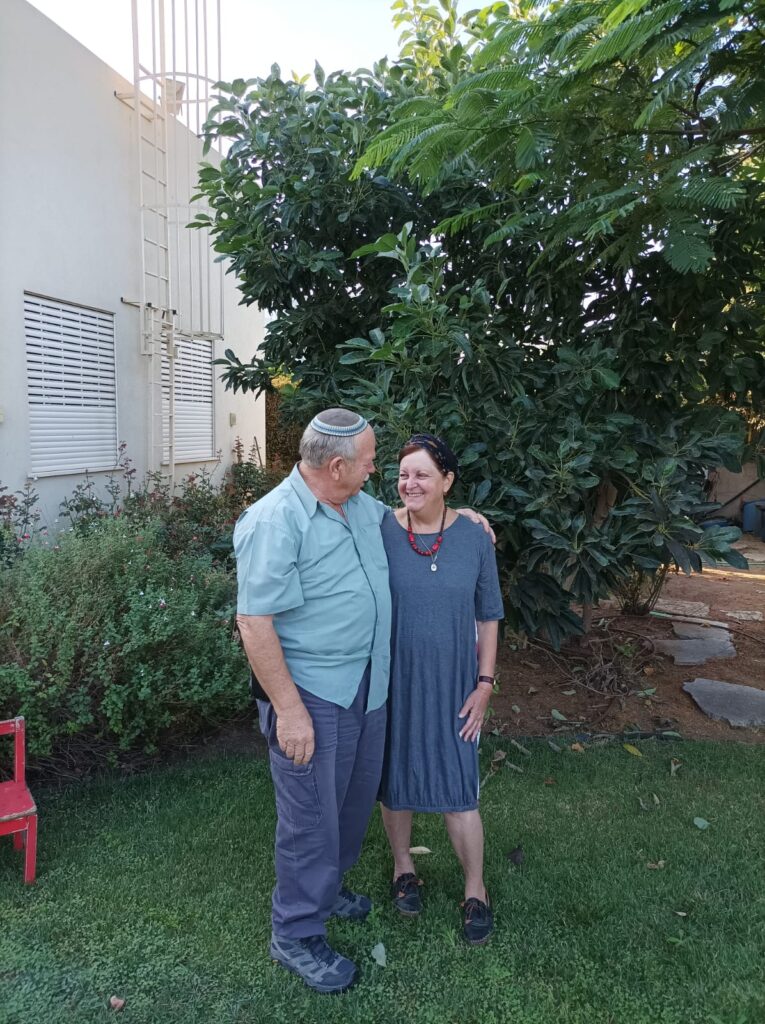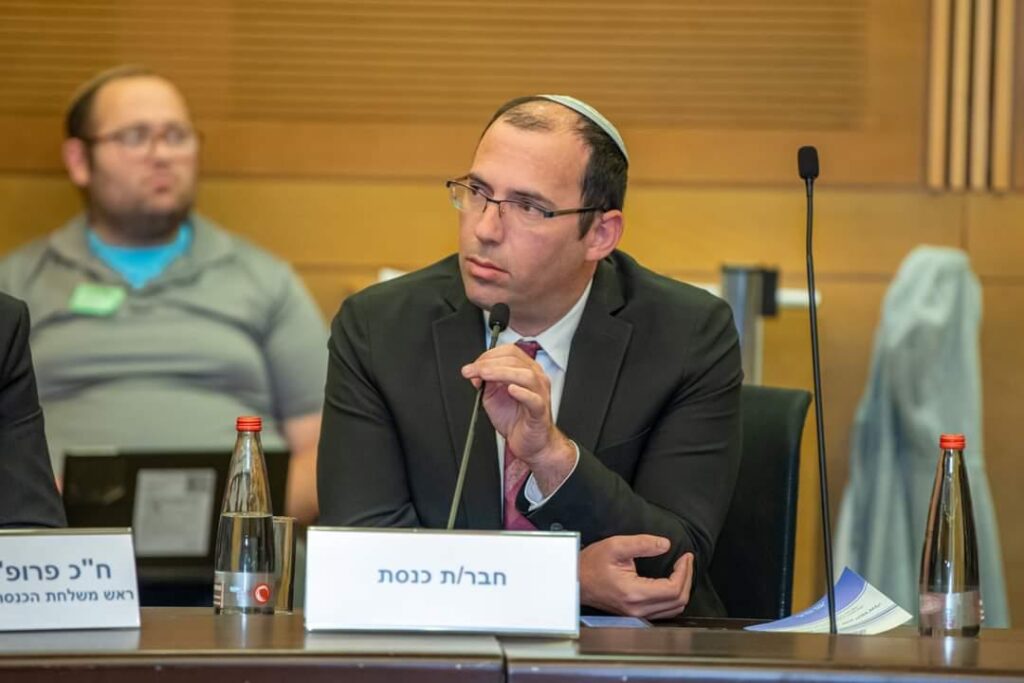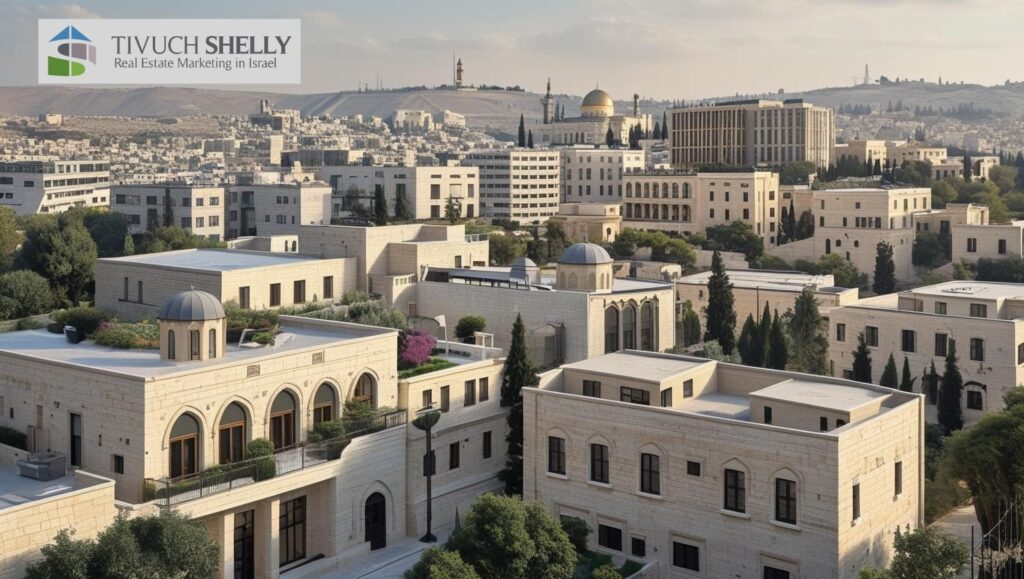Cramming Life Into A Year And A Year Into Six Weeks
In AP Psychology, you learn about Erikson’s eight Stages of Development—the emotional conflicts we face at different points in life. It starts with Trust vs. Mistrust and ends with Integrity vs. Despair. Seminary feels like a miniature version of all these stages condensed into one year. In the beginning, you start off unsure of your surroundings, and you don’t know who to depend on or confide in. The bulk of the year is when you start to take action over your time, maybe build yourself up, go through an identity crisis, form relationships, and try to keep pushing through. Then—after Pesach—the last six-week stretch hits you in the face. It’s the end of the line. It’s time to face reality: the final conflict—Did you have a successful year?
When tackling this pointed question, there are different variables to consider: your learning, your relationships, and—most importantly—if you’re any different than you were nine months ago.
Girls take anywhere from eight to 20 classes in seminary, split differently based on the school and individual preference. All that learning builds skills and Torah knowledge—if you’re really focused. Once the end of the year comes, it’s often hard to remember what you learned that day—let alone five months ago—which makes you wonder whether you absorbed anything at all. For some, that anxiety dims when you remember a halacha you learned in the exact scenario you need it for. For others, it pushes them into a learning frenzy, trying to cram a year’s worth of seminary into the last month of school.
Relationships bring their own kind of anxiety. Sure, you made friends in seminary—but are they the kind you’ll stay close to, or will they just fade into the background? Who knows who you’ll still talk to in the future, but like any goodbye, it’s hard to think about not seeing the people you just spent every day with for an important year of your life. Then of course, there’s the relationships with rebbeim and morot to think about. Many come out of seminary with a rabbi for life, who they can turn to for questions in the future, but…who to pick? Do you even have relationships that are strong enough with teachers that you’d be comfortable contacting them after seminary? Maybe not.
Then, finally, at some point you have to confront whether or not you feel like this year had—or will have—a lasting impact on you. It’s not necessarily a question of looks or clothes but of outlooks, feelings, and mannerisms. Sometimes you won’t even know until years later, when you look back and realize that a turning point took place here. At the end of the day, seminary affects everyone, the extent is up to you.
For most girls, this was their first year in Israel for the “Ha’s”—Yom HaShoah, Yom HaZikaron, Yom Ha’Atzmaut—and if no other time felt different for you in Israel, you feel it then and there. You feel it as you’re standing with Am Yisrael mourning, appreciating, and celebrating the state that gives us a home. You feel it as you walk through the streets on the only “Sunday” in Israel, it’s different. It signifies a new year for the State and a new beginning for you, as everyone around you starts to move onto their separate paths. The trees are blooming all around us, it’s the start of something new. It’s something different than before, but beautiful in its own way. The end is not the end of the road, one where you trust that the lessons you learned here carry you to brighter days ahead. n
Esther Gaon is a graduate of HAFTR High School and is a recipient of the 2024 5TJT Student Journalism Award.














